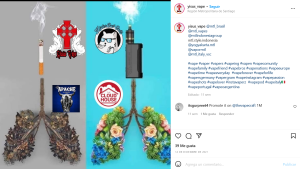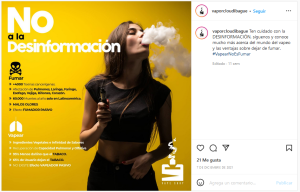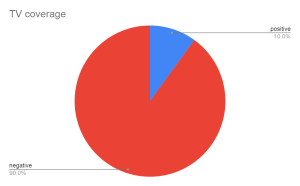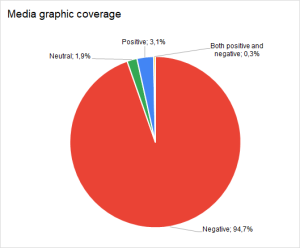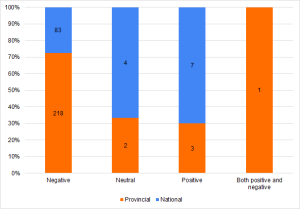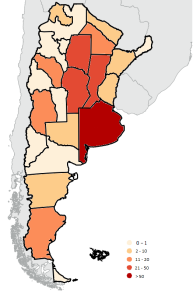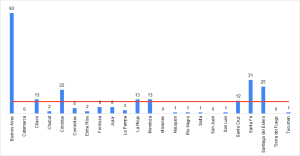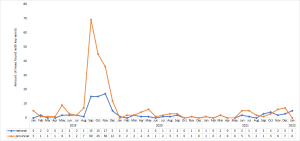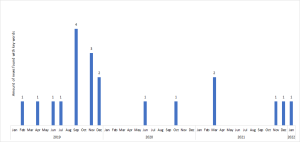The tobacco industry continues to meddle in public policy. Argentina still has not ratified the Framework Convention on Tobacco Control. Civil Society Organizations issued a Public Declaration warning about the importance of guaranteeing non-interference by the tobacco industry in health decisions.
“Below, we offer a google translate version of the original article in Spanish. This translation may not be accurate but serves as a general presentation of the article. For more accurate information, please switch to the Spanish version of the website. In addition, feel free to directly contact in English the person mentioned at the bottom of this article with regards to this topic”.
From civil society organizations, through the signing of a declaration, we request the non-intervention of the tobacco industry in the design and execution of public health policies -among them the advance with the complete prohibition of promotion, advertising and sponsorship of tobacco products-and the ratification of the FCTC, understanding that said treaty grants the States key tools in the fight against smoking.
There is a fundamental and irreconcilable conflict between the interests of the tobacco industry and the interests of public health; because it produces and promotes products whose harmful consequences have been amply demonstrated by scientific evidence.
For more than 80 years, the industry has been deploying its strategies to interfere in the establishment and application of tobacco control policies. These tactics, which seek to promote tobacco use, are targeting increasingly younger populations, and existing regulations are often ineffective in dealing with them.
All of this occurs within a framework that seeks to incorporate new tobacco and nicotine products into the market, in order to position them as part of the solution to an epidemic that the industry itself generates and that claims the lives of almost 8 millions of people around the world. Thus, these products come to position themselves as one more strategy that seeks to undermine the policies achieved in terms of tobacco control.
Likewise, Argentina is one of the few countries in the world that has not yet ratified the first public health treaty on tobacco control, a key tool in guaranteeing transparency and the non-intervention of the tobacco industry in health policies. But why is the ratification of the Framework Convention on Tobacco Control (FCTC) important to guarantee non-interference by the industry?
The FCTC is the first global public health treaty, which came to give a global response to the tobacco epidemic. The treaty provides for various strategies aimed at reducing the supply, demand, and harm caused by tobacco products, including a complete ban on tobacco marketing, increased tobacco taxes, and other measures. But it also expressly establishes the protection of public policies and tobacco control against commercial interests and others created by the tobacco industry.
Contact
Agustina Mozzoni, agustinamozzoni@fundeps.org

